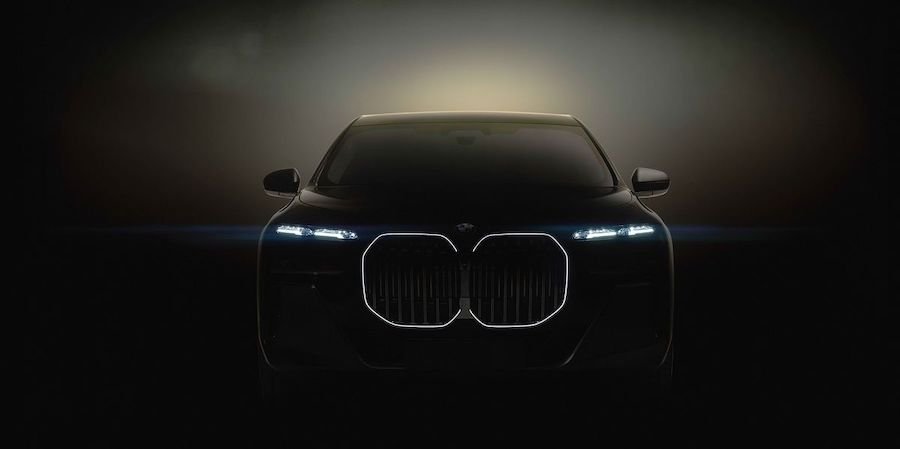BMW Uses Customers' Driving Data To Improve Its In-Car Features

BMW has been collecting data from its customers with every drive – but not without permission, of course.
In a report by Australia's Carsales, BMW 7 Series project manager Christoph Fagschlunger admits that the company has been doing so for the past three years. The customer vehicle data that have been collected are being used for vehicle development, including next-generation driver-assist features and autonomous driving.
With the driver's permission, BMW cars send the packets of data to Munich in any of these three situations: when the vehicle's switched off, during an engine shut down in an idle-stop, or when charging (for EVs and PHEVs).
The car stores the data, then they are sent to BMW via a secure yet simple mobile connection. The data transmission is paid for by the Bavarian marque and filtered according to the needed information.
According to Fagschlunger, around four out of five BMW owners agree to send data back to the company for the mentioned purposes. The automaker has already gained 1.2 billion kilometers (745 million miles) of real-world (and anonymous) driving data from its customers. It expects to go over 2 billion km (1.2 billion mi) by the end of the year.
"We only do this with the permission from each customer – they have to give it – and nearly 80 percent of customers do so," said Fagschlunger. "It shows us things like where the active cruise is used, the lane control, how is it used, is there degradation of the systems, and is the customer happy to use it?"
Some of the things that BMW has discovered using these data is that 60 percent of the customers with the Professional version of the navigation use active cruise control. However, only 36 percent of those customers use steering assistance and lane-keeping functions.
"We are analyzing why. It's totally different in the geo-regions and we have to go through the data to determine if it is because of dense traffic, or road conditions, and then that is used for data-driven improvements," Fagschlunger explained.
